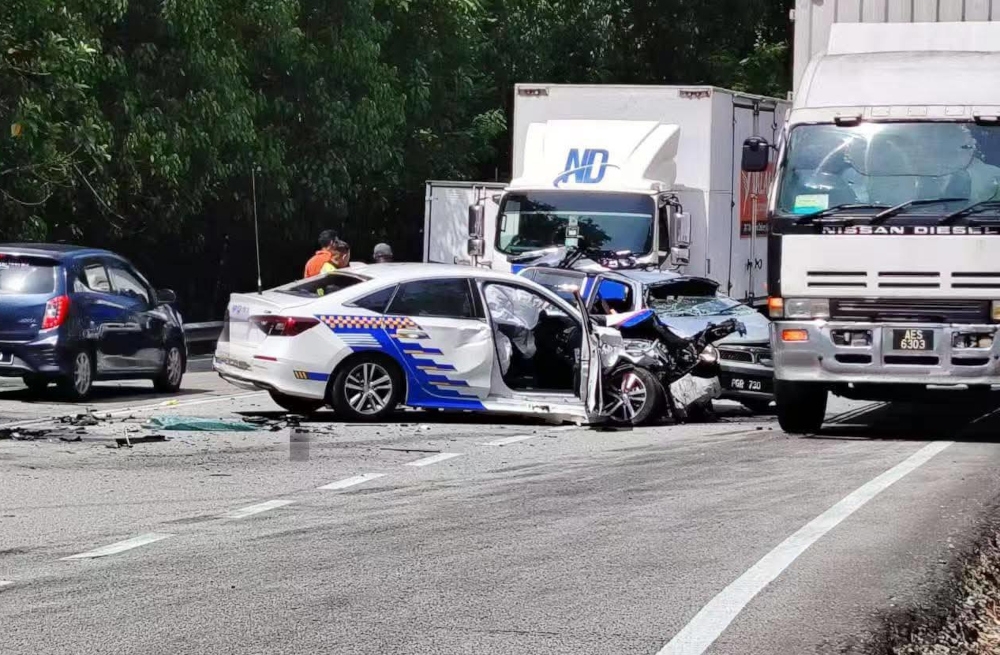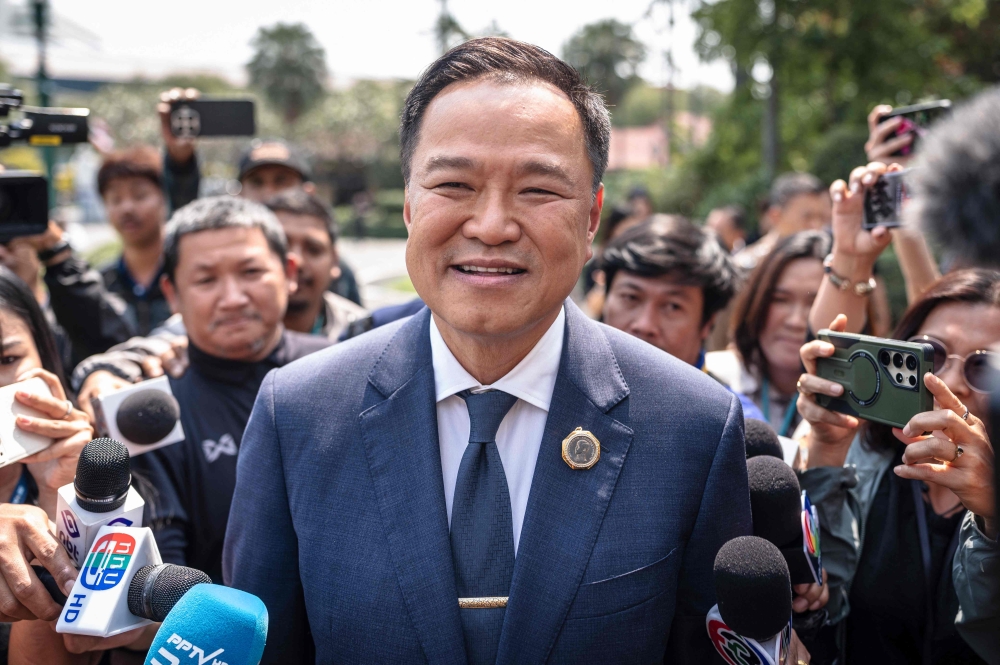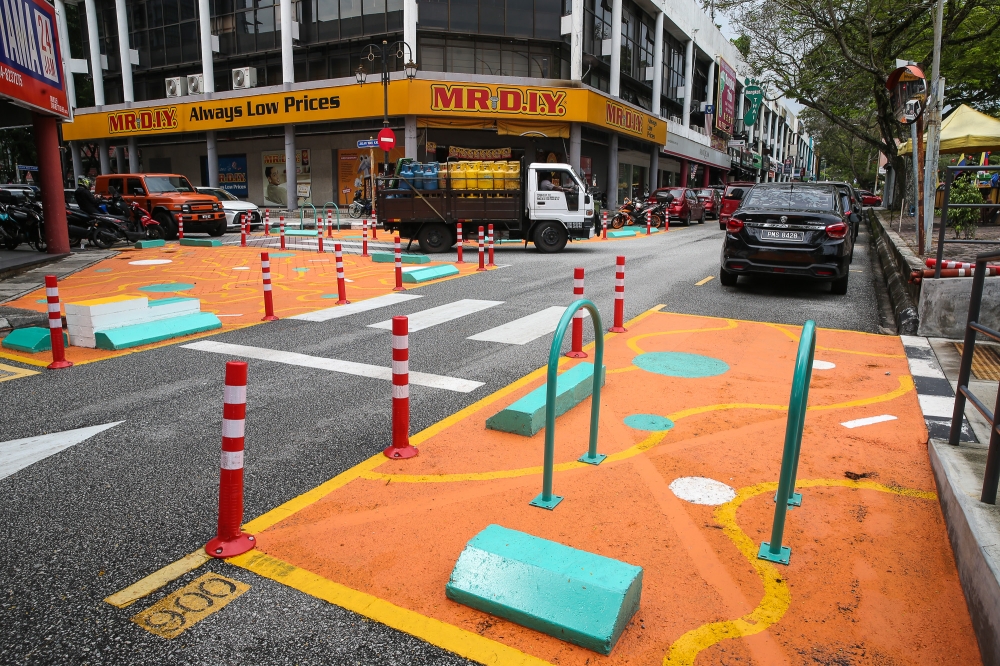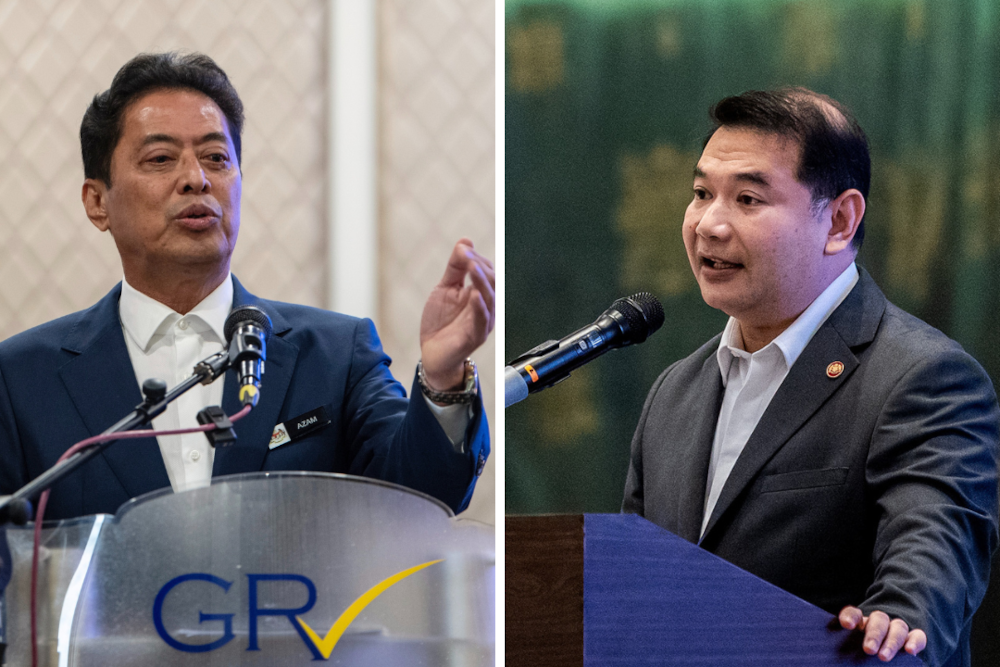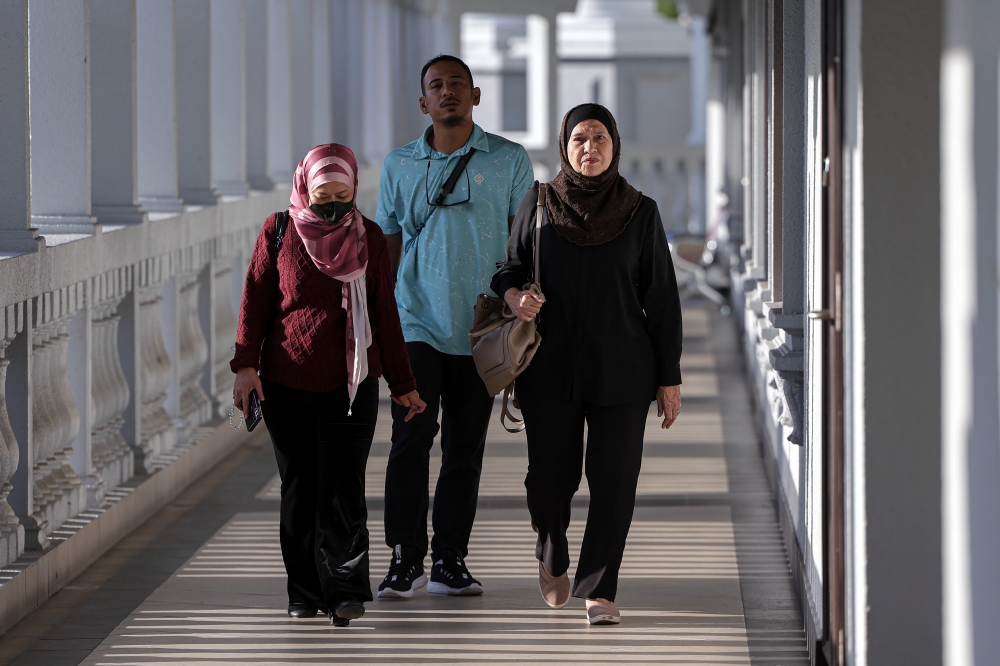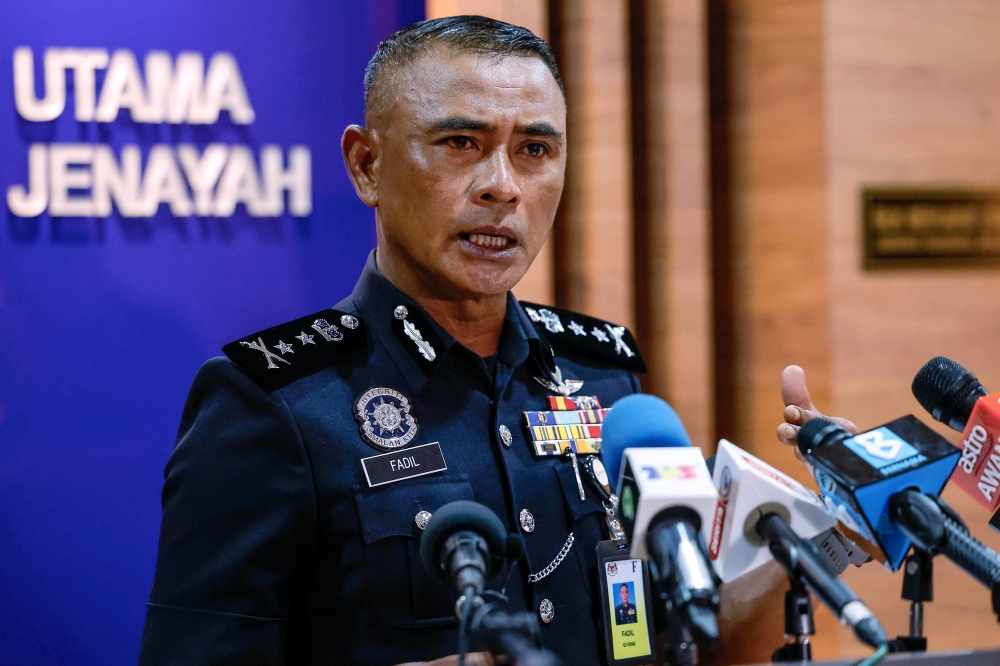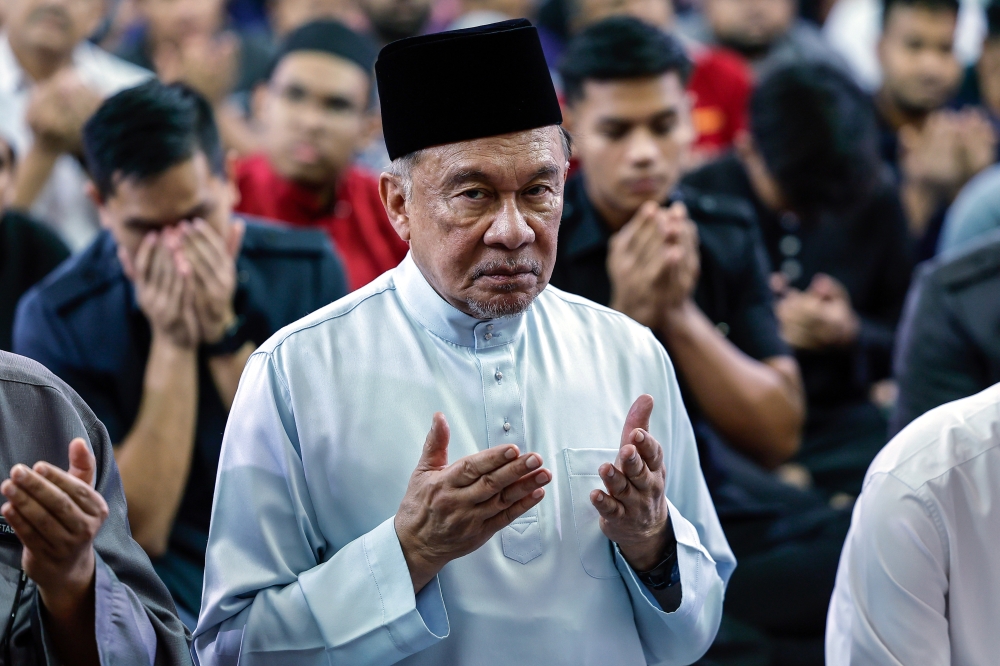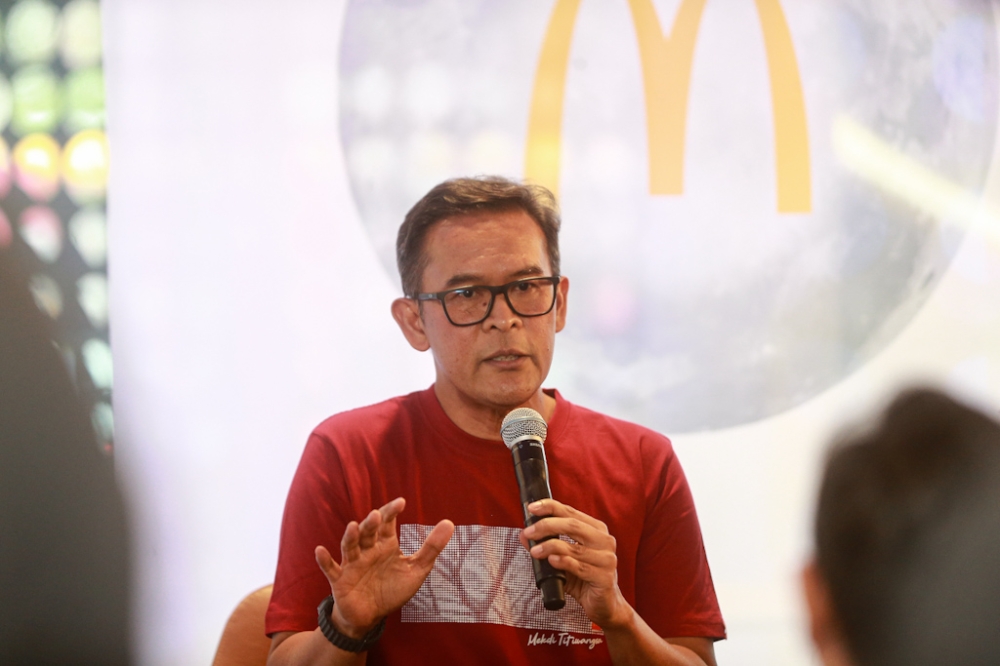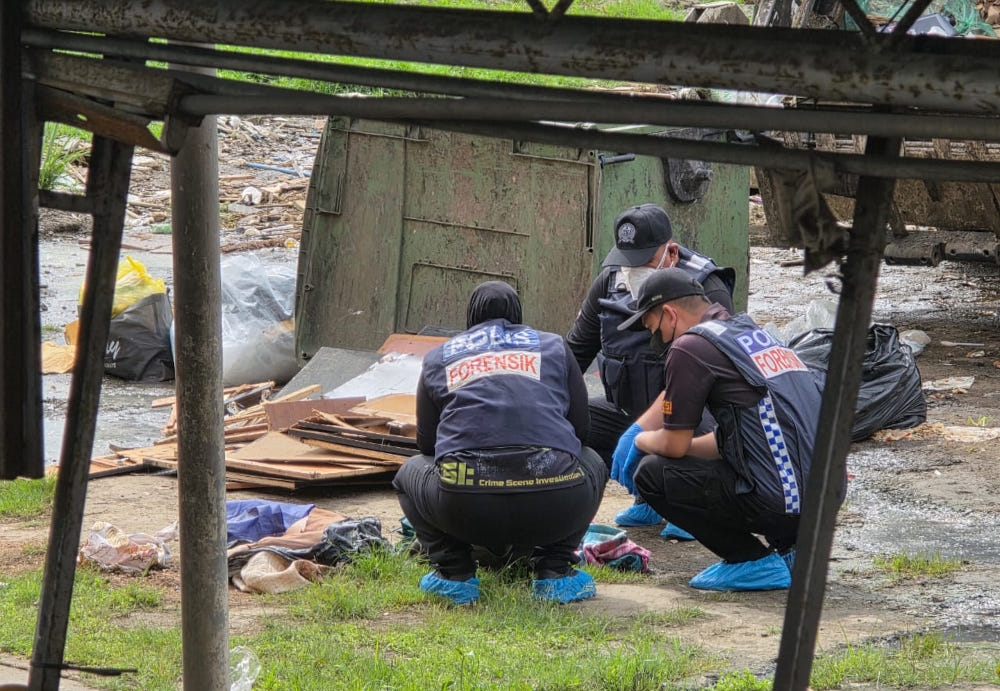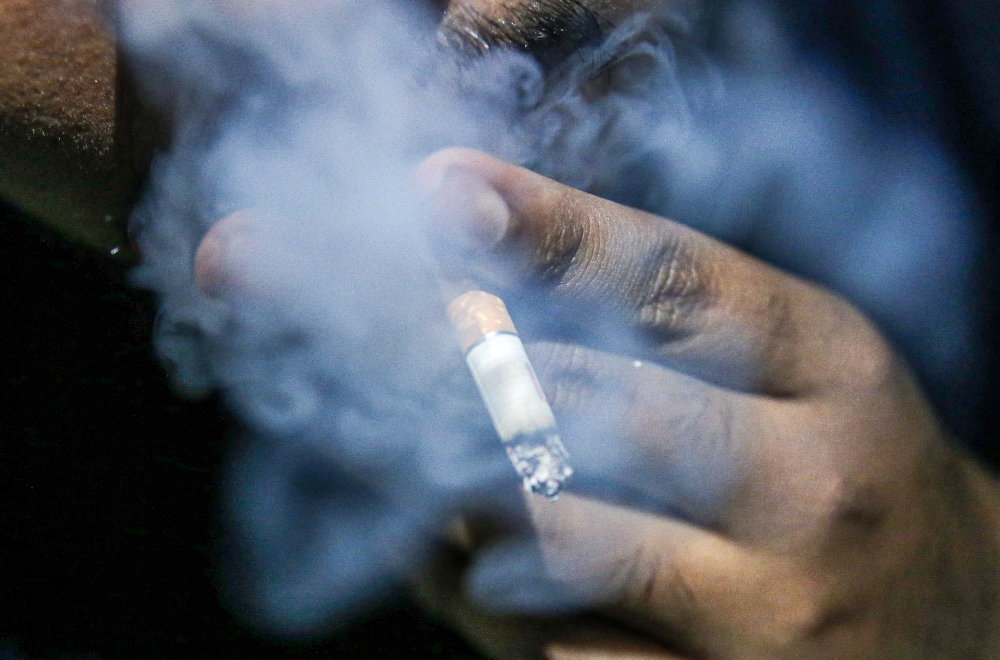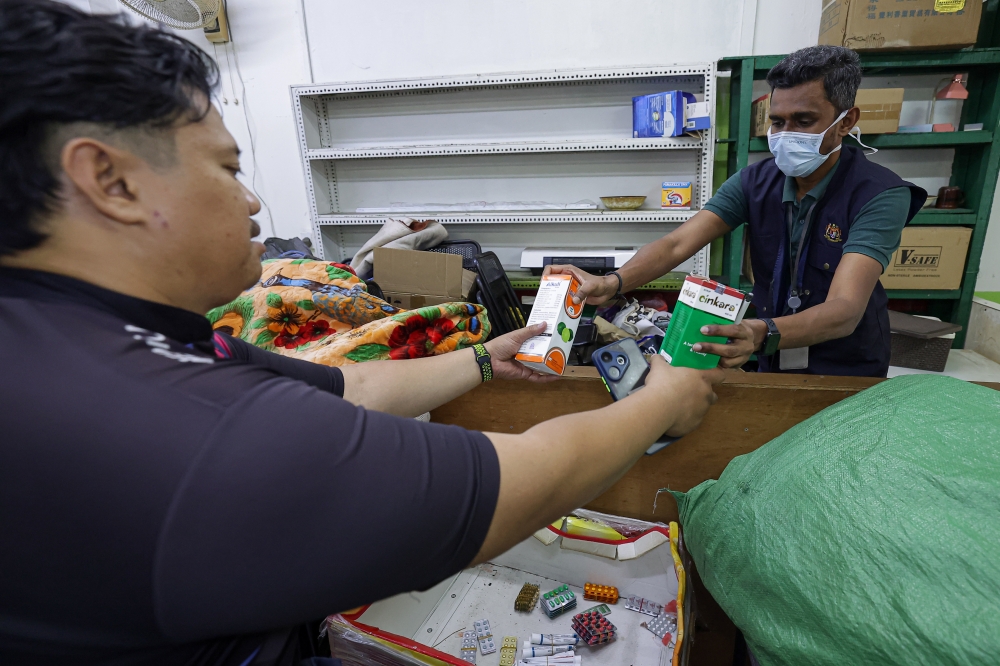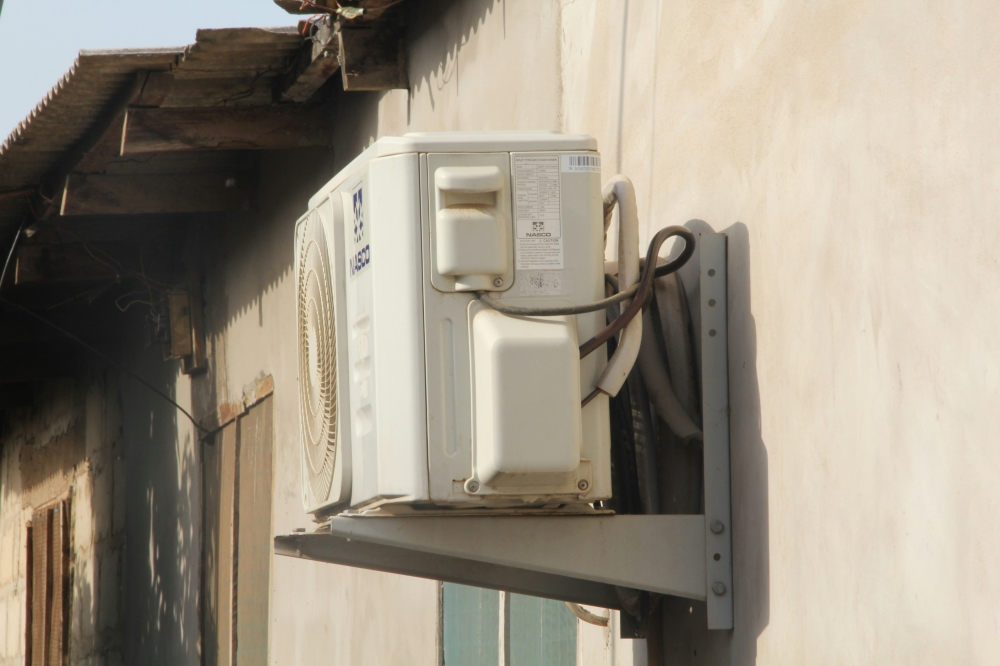KUALA LUMPUR, Jan 6 — While Putrajaya touts the Shared Prosperity Vision 2030 (SPV2030) as a means to replace Vision 2020 for a high-income society, on the streets of Kuala Lumpur, these goals bring little meaning to those struggling to survive.
For some Malaysians, Vision 2020 and subsequently the government’s new SPV2030 remains just a pretty campaigning slogan on paper, and that decades after the plan was announced there has been little actual economic progress.
“When they announced Vision 2020 in 1991. I came to KL to have a stable job and have a vision of what I am in life. Everything was looking up,” 60-year-old vagabond Jamali Arshad told Malay Mail when met near his shared room in Chow Kit.
Jamali said he worked in a printing company until it was forced to close by the 1998 financial crisis. He said he did not really recover after that.
“I was forced to work without pay for months and then have to blow my savings to care for my sick parents back in Teluk Intan, Perak. I had to sell off their land and house there after they died and by the time I returned here, I didn’t really have any vision anymore,” he said.
Now complementing his income by working at a restaurant and several shops in the Chow Kit area, Jamali said that any vision and policy by the government would not help the people if they did not address the plight of the urban poor who need to get daily or weekly wages, and rely on soup kitchens for meals.
“What new vision? SPV? Will it help us who rely on the kindness of others to survive? Any good jobs for old people like me around?
“I think the government should first help the people who do charity like soup kitchens giving food to the homeless and urban poor in this area,” he said, laughing heartily at the current government efforts to help the urban poor in the area.
“I am sorry for laughing but the vision now has nothing to do with me or my friends. I doubt old lonely people like my friends and I could benefit much from it,” he added.

Meanwhile, a food delivery rider, Farhan Abdullah, 24, agreed that the urban poor did not care much about SPV 2030 in the same way as Vision 2020 as they are more concerned with being able to make enough to survive day-to-day.
The Sungai Petani born lad, who could not find a job despite earning a diploma, stressed that young people from poor families could not escape their lot in the current economy.
“Why do you think I have to get this job? No one wants to work like this with lousy hours, in the rain with high risks, especially during the rainy season.
“I do hope the government does help but what good is the (SPV) vision to people like me?” he said when met while taking shelter in a restaurant in Kuala Lumpur.
When asked what he remembers about the Vision 2020, Farhan managed a wry smile and nodded.
“I remember our pendidikan seni (arts education) when we had to draw what Malaysia will be like in 2020.
“It seems like a long time ago,” he said.

With an income of less than RM2,000 per month, a security guard who only wanted to be known as Anuar told Malay Mail that he struggles to feed his family of four, including a five-year-old boy and a two-year-old girl.
Hailing from Sabah, the man who is in his thirties said he had to leave his hometown as there was no work for him there.
“I came to KL about 10 years ago when friends told me there’s good work. But they did not tell me that the cost of living here is high.
“Now my wife has to work when she’s pregnant to supplement my income,” he said.
They live in a small two-bedroom apartment in Kuala Lumpur and Anuar admits being stressed when he found out his wife was pregnant.
“With another one due next year, a 2020 baby, I don’t know if there’s enough for us to live on,” he said, saying that expenses are increasing every year.
Admitting that he knows nothing about the SPV or even Vision 2020, Anuar said that people like him only want the government to intervene to address the cost of living issues.
“Perhaps the government could either lower the price of necessities like milk and diapers or increase our salaries. It should be part of the plan that you call a vision,” he said.
The government, when launching SPV2030 last September, said it will address Malaysia’s uneven wealth distribution and create a new economic policy.
It means that the SPV should also address inequality between income groups, ethnic, urban and rural communities, and supply chains to create a decent standard of living for all Malaysians,
However, to date, there has been little elaboration of what the SPV will bring or who it aims to impact, especially to the people on the ground.





